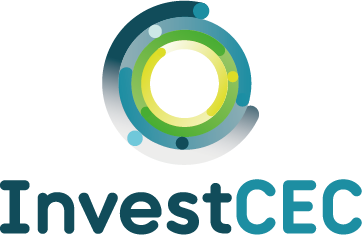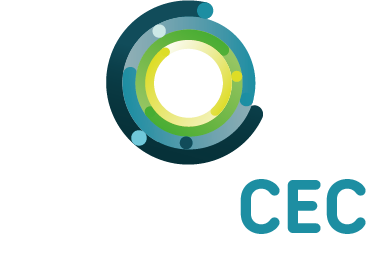We had the pleasure to have call with Anton Fouquet, CEO of Nexus by Sweden, one of the innovative circular ventures selected through our first call for entrepreneurs. Based in Stockholm, Nexus by Sweden provides a targeted, compact, nature-based wastewater treatment solution that optimises the water-purifying processes found in natural wetlands. Their system supports water reuse and significantly reduces sludge production.
Anton, what inspired you to focus on systems like microbial food webs and water reuse in your business model?
It made sense to our owners! It was a natural progression from our earlier work in oil-
We’ve heard a lot about the circular economy in the last years. But what does it mean to be a circular economy entrepreneur? Do you identify as such?
We’re not yet loud enough about it. While the circular economy concept is still jargon for many customers, we focus on tangible benefits like water reuse and reduced costs. For most, the term itself and all that it entails isn’t as important as the actual value improvements they can see in their lives.
What are the key principles you focus on in your business to ensure circularity?
Our focus is on water reuse and reducing costs associated with purchased water, maintenance and removal of sludge. We adopt
- A natural biome that processes impurities through bacteria, microbes, and plants.
- Zero chemical use and
- Minimal sludge production and minimal maintenance
- The system creates green, thriving spaces that can also be used as a relaxation hub.
In essence, we innovate sustainable solutions that align economic activities with environmental well-being, fostering a regenerative cycle that benefits both society and nature.
As an entrepreneur in this space, what were some of the key challenges you faced when attracting investments, particularly given the circular nature of your business?
Funders are hesitant to accept the Compact NbS as a PaaS (Product-as-a-Service) model because they view it as a permanent part of the property rather than a reusable product. As our solution is cost-effective over its lifecycle, improving with age rather than deteriorating, I believe we need a Life Cycle Analysis to clearly show the benefits and long-term savings.
Building on that, how can the benefits of circular businesses be communicated more effectively to potential customers, especially when many might still be unfamiliar with this model?
We need to show customers how they can monetize circular solutions with an ownership model. I believe a digital calculator, where prospects can see the monetized savings, would make it easier to understand the value of the system. Nexus is exploring how to present this data effectively.
Have you worked with the public sector before, or do you see collaboration with governments as part of your future strategy?
Absolutely! Getting buy-in from local governments is crucial for product viability and initial sales. Geopolitical shifts have also made water self-sufficiency more important, making government partnerships more vital. However, the lack of defined customers and funding for initial projects is a barrier for us.
Access to information and key decision-makers is critical. Variant compliance rules are always a barrier to overcome. For example, each municipality may have its own compliance procedures, which can delay progress. Also, some may have limited green ambitions or a knowledge gap in the natural methods we use, hereby opting to favour known chemical systems or enforcing expensive connections to the centralized municipal wastewater system, which doesn’t always fit the customer’s needs.
Looking ahead, what are the next steps for your business?
Our priority is international growth, with fast expansion into selected regions. The mind-shift towards a PaaS model is a step in the right direction. This makes more sense to our consumers as it fits into a municipal monthly bill spending model – price per cubic meter of water cleaned. But, as our solution is viewed as a static asset, we must ensure competitive pricing and seek innovative ways to access the market at the initial build stage.

